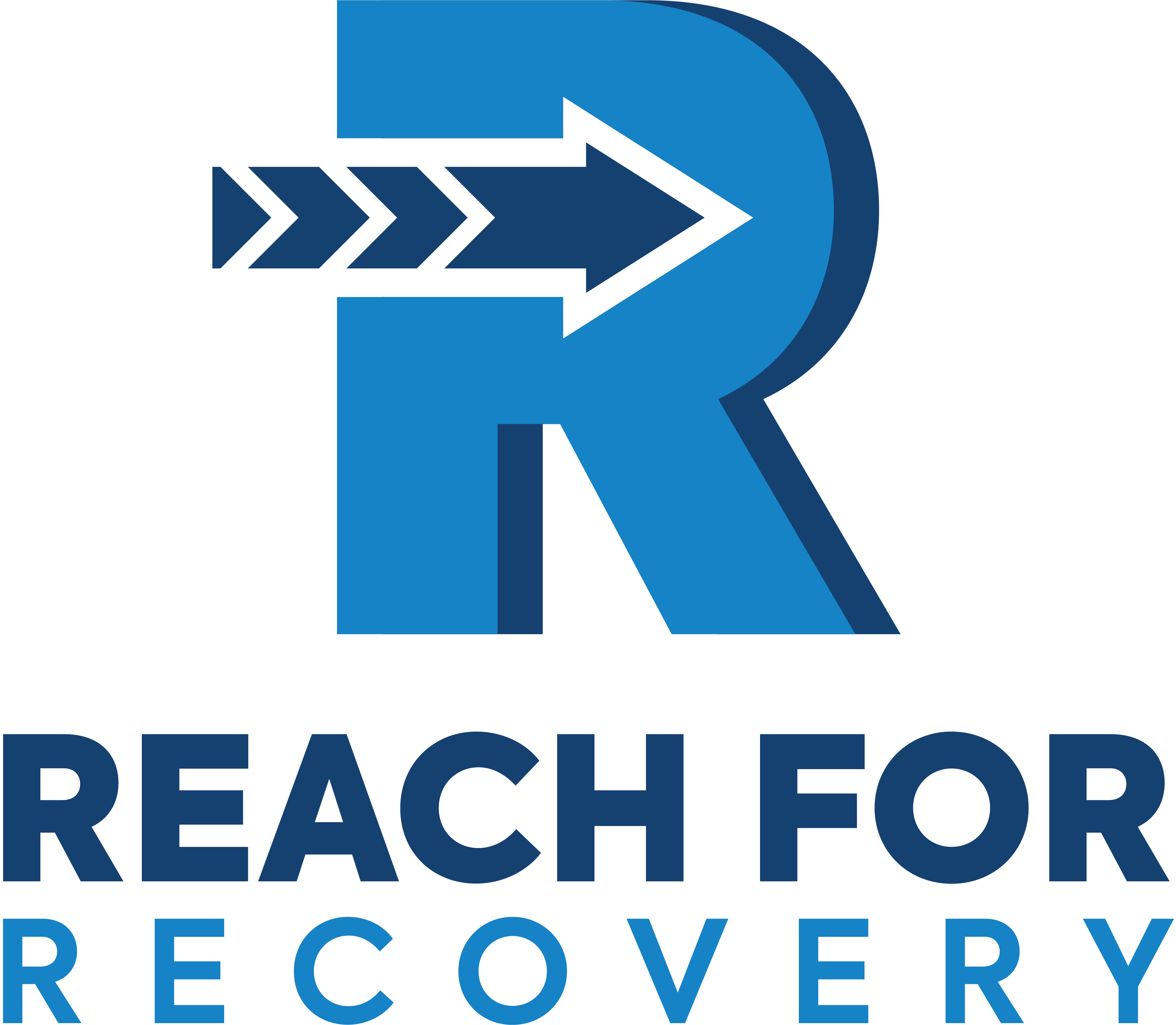Conference Schedule
*Subject to Change
Monday, August 11, 2025
7:00am - 8:15am | Registration and Continental Breakfast
8:15am - 8:30am | Welcome & Overview
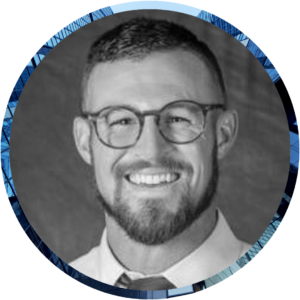
8:30am - 9:30am Seminar | The Treatment (Harm Reduction) Gap
Alexander Elswick, PhD
More information coming soon.
Overview:
Dr. Elswick will address the treatment/harm reduction gap. Among providers, there is a lack of support for various pathways of recovery. Learners will learn strategies on how harm reduction and a focus on assets, rather than abstinence, allows for greater engagement and better patient outcomes. They will also learn a wider adoption of harm reduction as a practice and harm reduction as a philosophy.
Objectives:
- Describe the treatment/harm reduction gap and its implications
- Define recovery capital
- Demonstrate the advantages of asset-based approaches to recovery
Dr. Alexander Elswick is a tireless advocate for people with substance use disorders. He currently serves the University of Kentucky as an Assistant Professor and Extension Specialist for Substance Use Prevention and Recovery. Dr. Elswick is a trained researcher, recovery coach, and mental health therapist, as well as the co-founder of Voices of Hope, a peer-driven recovery community organization. But most importantly, Dr. Elswick is himself a person in long term recovery from the chronic disease of addiction.
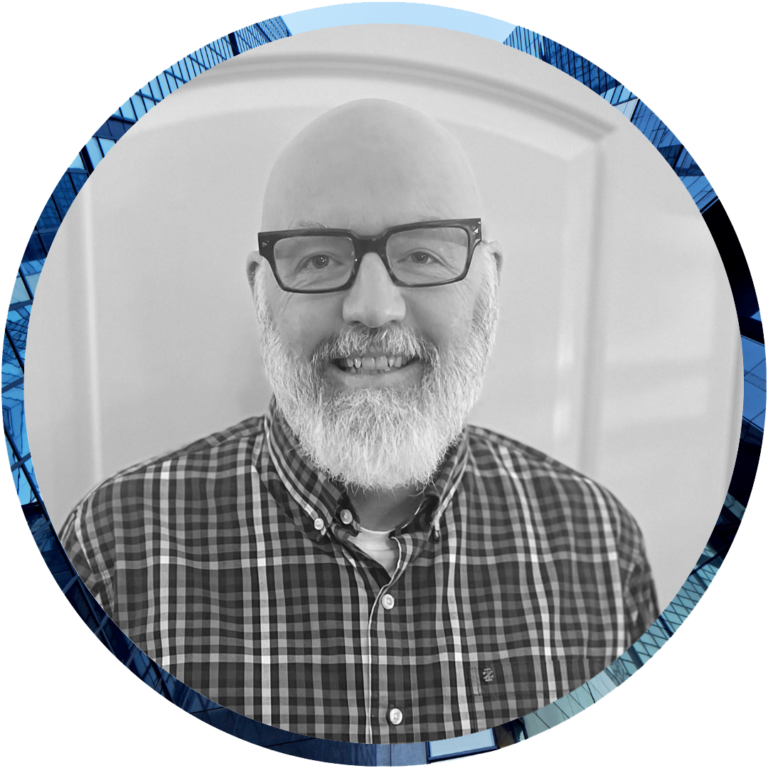
9:30am - 10:45am Seminar | “Do No Harm” - Evidence and Ethical Practices in Treating PTSD
Rich Goddard, RN, LPC, APRN
More information coming soon.
Overview:
Rich will address the gap in PTSD and addiction and review of therapeutic and non-therapeutic practice. There is a lack of education and updated evidence based practices that are more therapeutic. Attendees will expect to learn trauma informed care and approaches for Clinicians, Therapists, Peer Support, Staff and Management. Rich Goddard will provide updated knowledge of trauma therapies and procedures for each role. Different approaches at each level of care of ASAM criteria.
Objectives:
- Provide a review of PTSD and Addiction and the effects of the brain.
- Provide review of current evidence based therapies and treatment available for PTSD
- Provide insight to the diagnosis of PTSD
- Review the Trauma Informed Care treatment through an ethical lens.
- Provide education about interventions that promote hope and positive outcomes and reduce harm to clients.
Rich is presenting on a topic with both personal and professional experience. Rich is a survivor of PTSD from childhood sexual trauma. Rich is currently employed as a Certified Trauma Professional and has been utilizing specialized training for treating clients with PTSD and addiction for the past 5 years. Rich obtained his Masters Degree in professional counseling from Liberty University in 2014. He recently graduated with his Masters in Advanced Practice Psychiatric Nursing from Frontier Nursing University. Rich currently is a LPCC licensed by the Kentucky Board of Counseling and an Advanced Practice Nurse in Psychiatric Mental Health across the life span. He is an ordained Minister. Rich has been employed in the counseling field for over 14 years. Rich was employed in the field of Nursing including a Level 1 trauma center for 10 years where he served on the Family Presence Team providing support at the bedside with parents of children in the trauma suite. Rich hopes today’s training will provide information, education, but most of all hope for healing from PTSD.
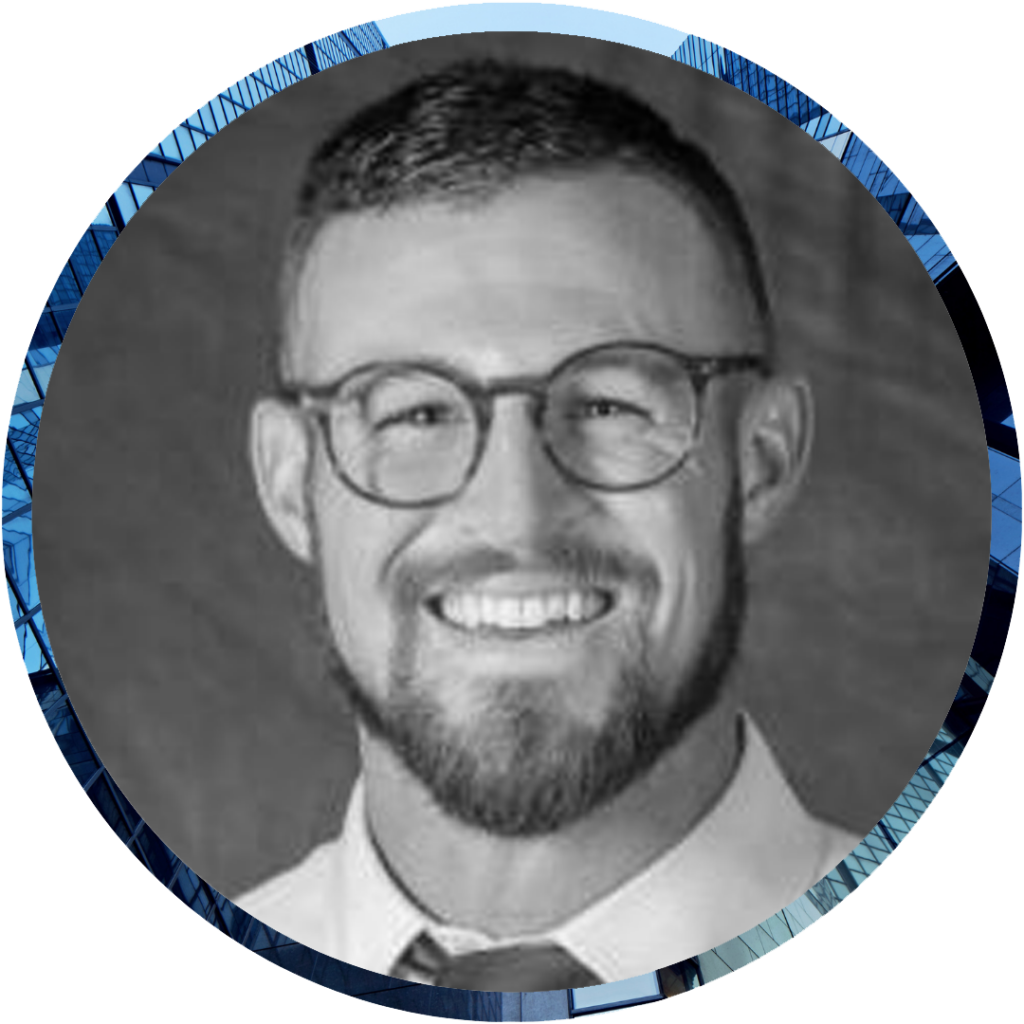
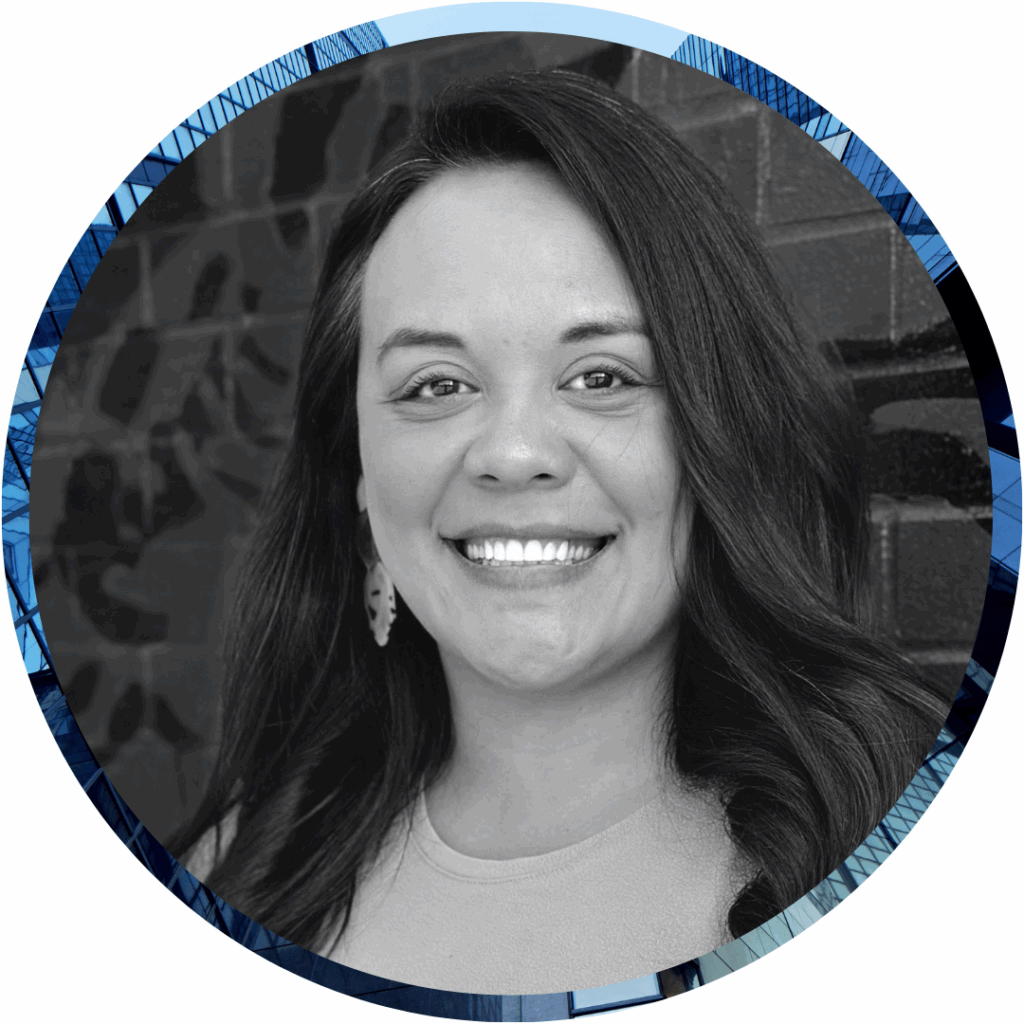
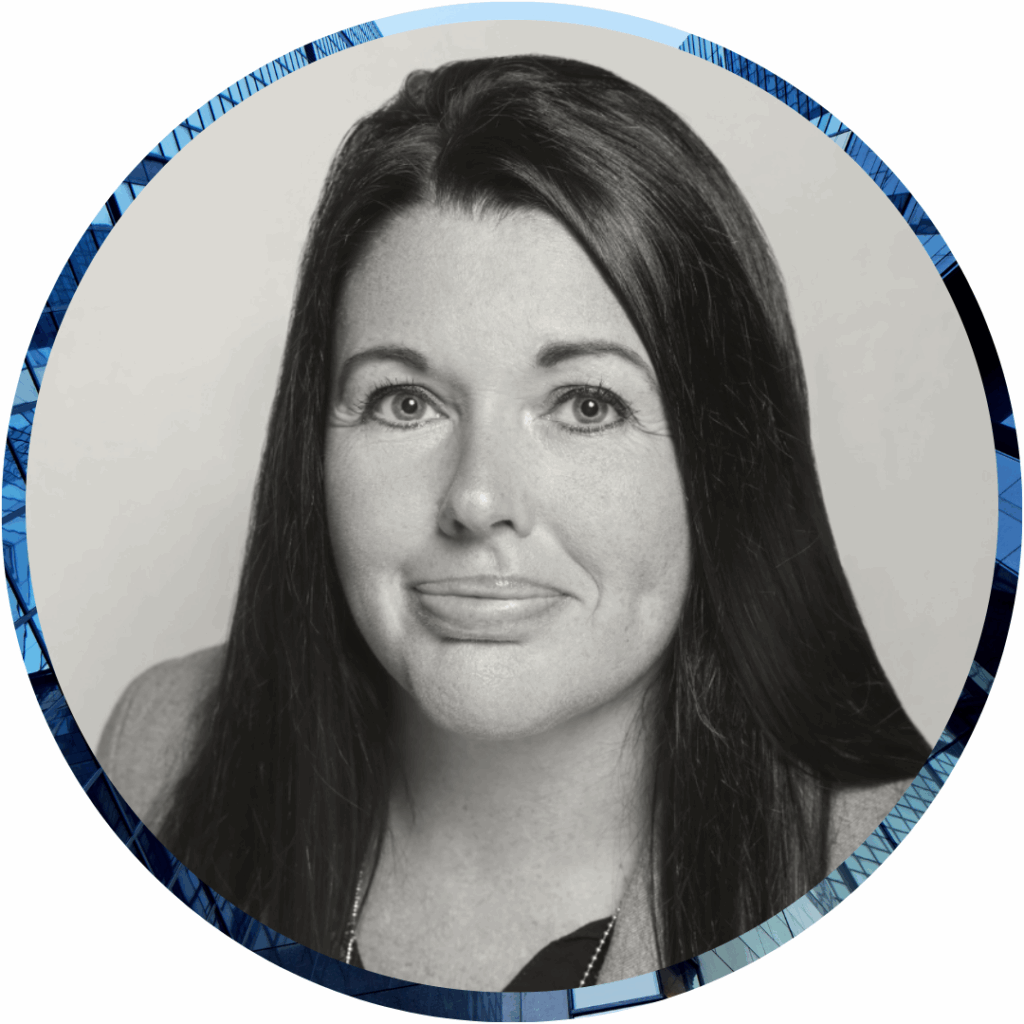
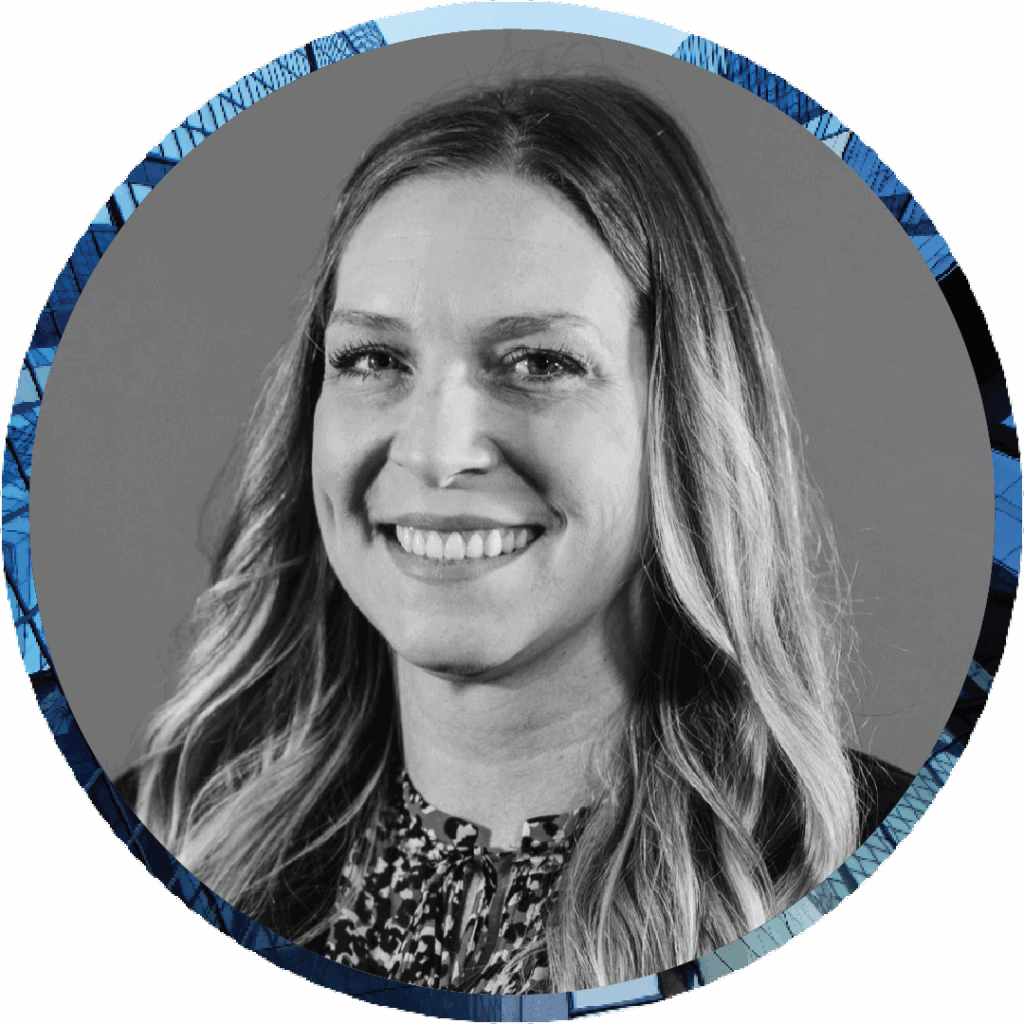
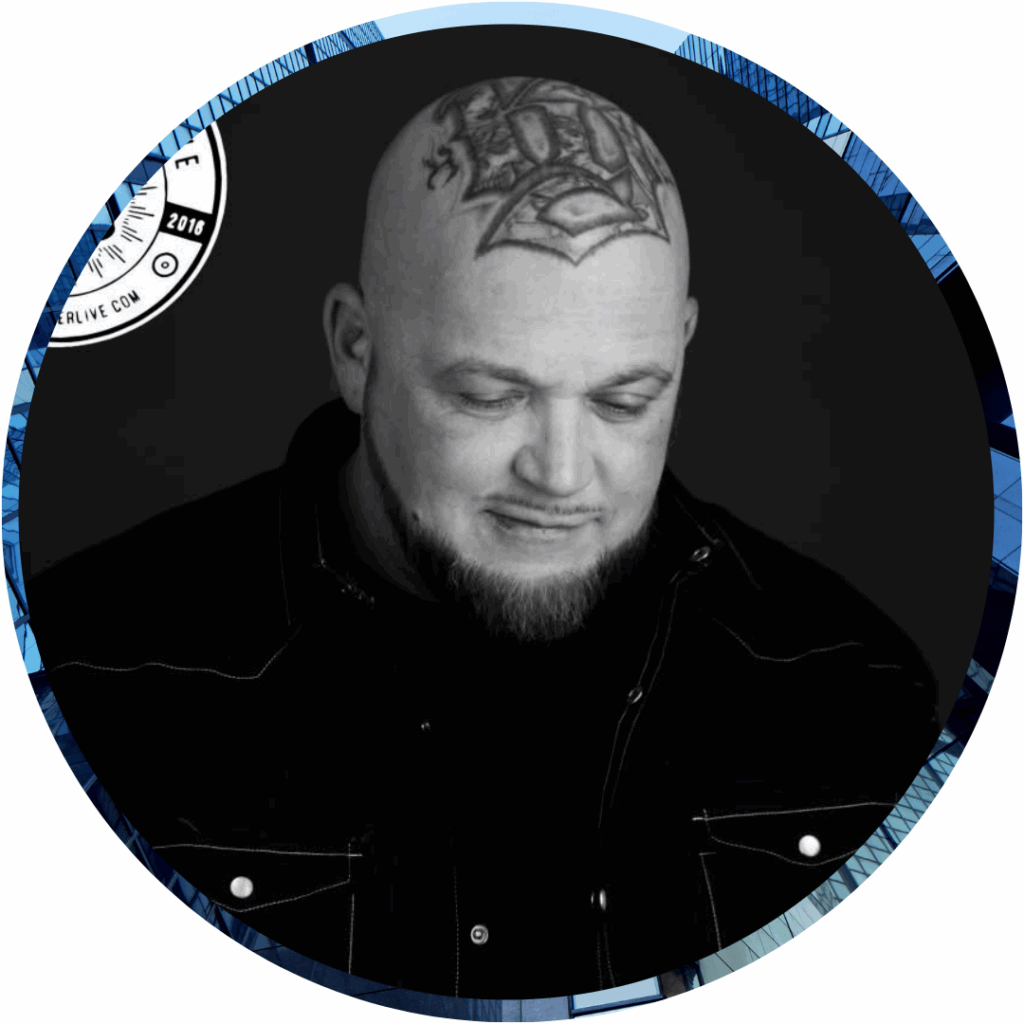
11:00am - 12:00pm Panel Discussion | One Journey, Many Paths: How Diverse Approaches Shape Recovery
Moderator: Alexander Elswick, PhD
Panelists: MaryBeth Hill, Amanda Hall, Ashley Hopper, Andrew Hagar
More information coming soon.
Overview:
Recovery is not one size fits all. This dynamic panel brings together individuals with lived experience across various sectors to explore how recovery can be achieved through multiple pathways. Whether its clinical and traditional treatment, faith based programs, reentry services or peer driven support, each route has its own value, challenges, and success stories. Panelists will share powerful narratives and data backed insights that prove recovery is possible through different approaches when we meet people where they are and honor their personal journey.
Attendees will walk away with a deeper understanding of how diverse recovery pathways can intersect and support holistic, long-term healing for individuals and families alike.
Objectives:
- Identify and differentiate between at least four recovery pathways: Clinical/traditional treatment, based recovery, reentry services, and peer driven services.
- Describe how individualized approaches improve recovery outcomes.
- Recognize the value of collaboration across systems and services to support sustained recovery.
- Apply inclusive, person-centered strategies in their own work to better support individuals on varied recovery journeys.
Dr. Alexander Elswick is a tireless advocate for people with substance use disorders. He currently serves the University of Kentucky as an Assistant Professor and Extension Specialist for Substance Use Prevention and Recovery. Dr. Elswick is a trained researcher, recovery coach, and mental health therapist, as well as the co-founder of Voices of Hope, a peer-driven recovery community organization. But most importantly, Dr. Elswick is himself a person in long term recovery from the chronic disease of addiction.
Marybeth Hill is a dedicated advocate and public speaker committed to transforming lives affected by substance use and incarceration. Celebrating long- term recovery since May 9, 2017, Marybeth has successfully reintegrated into society after incarceration, using her experience to inspire and support others on their journey to recovery. As a passionate advocate for both substance use recovery and prison reform, Marybeth works for the ARCHway Institute and The National Peer Recovery Alliance, where she focuses on healing individuals and their families as a whole.
Amanda Hall is the Senior Director of National Campaigns, Amanda leads strategic efforts to shape national drug policy within expansive coalitions and advocates for the voices of those directly impacted. Amanda brings extensive expertise and a passionate commitment to her work at Dream.org. Within the organization, she focuses on coordinating and driving national campaigns aimed at transforming the justice system. Collaborating closely with teams, Amanda provides leadership and guidance in executing nationwide initiatives. Her primary objective is to empower directly impacted leaders within the Dream.org network, ensuring they have access to the necessary resources, support, and knowledge to drive meaningful change on a national scale. Prior to her contributions at Dream.org, Amanda was a Policy Strategist at the ACLU of Kentucky, where she emerged as a prominent figure leading the Kentucky Smart on Crime coalition. The Smart on Crime coalition is a broad coalition that works together to advance common-sense justice reforms that enhance public safety, empower communities, and champion cost-effective sentencing alternatives. Amanda is also the co-founder of the ACLU of Kentucky Smart Justice Advocates. The first of its kind advocacy group, consisting of directly impacted Kentuckians, who work on state and local criminal legal systems issues. Through tireless coalition building, impassioned advocacy, and a steadfast commitment to amplifying the voices of those directly impacted, Amanda played a pivotal role in propelling substantial bipartisan reforms in Kentucky.. Equipped with a Master’s degree in Social Work from the University of Louisville, Amanda combines her academic training with personal experiences within the criminal legal system. Driven by a profound sense of purpose, she tirelessly endeavors to dismantle mass incarceration and cultivate a more just and equitable world for all.
Ashley Hopper is the Client Care Navigator Supervisor at Isaiah House, where she leads with compassion, purpose, and the heart of someone in long-term recovery. Drawing from her own lived experience, Ashley is deeply committed to helping individuals and families access the care and support they need to begin healing. She works tirelessly to build strong, meaningful relationships with community partners, using her story to inspire hope and connection. Through her role, Ashley empowers others to take the first step toward recovery, offering guidance, understanding, and unwavering support every step of the way.
Andrew Hager is the founder of The Blameless Children, a movement that gives a voice to children impacted by addiction, and a passionate advocate for families affected by substance use disorder. As a person in long-term recovery, Andrew has successfully reintegrated into society after incarceration and has since dedicated his life to helping others find freedom from addiction. His work is rooted in breaking stigma, building communities, and ensuring that no child or family feels forgotten in the face of substance use disorder.
12:00pm - 1:00pm | Networking Lunch and Awards
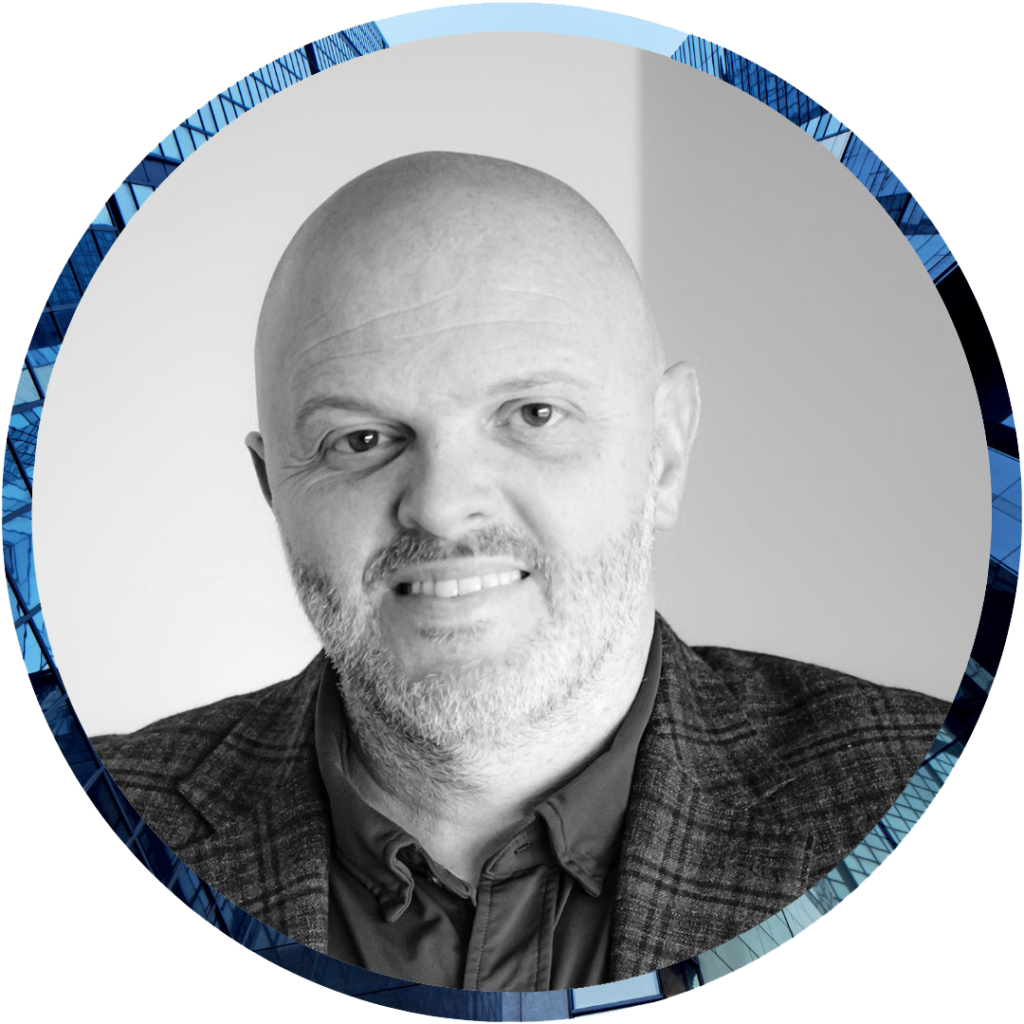
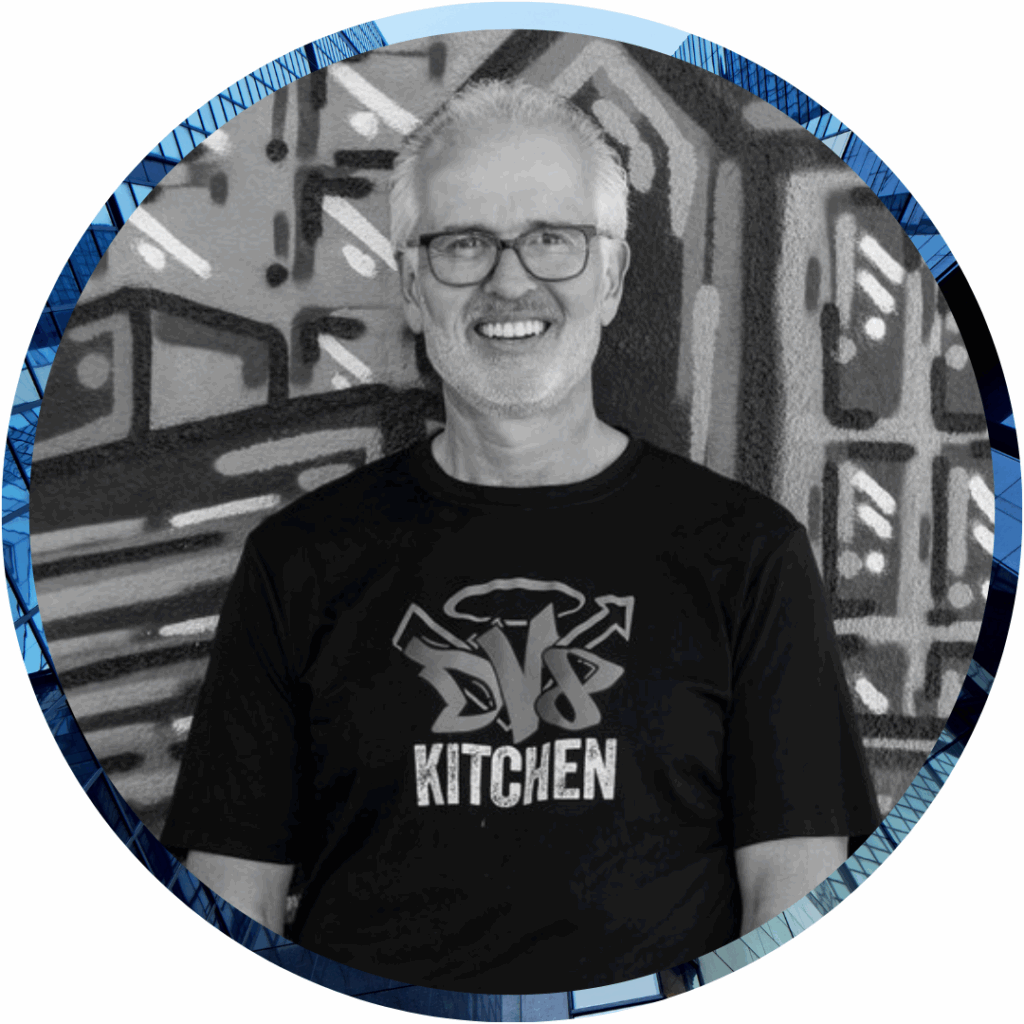
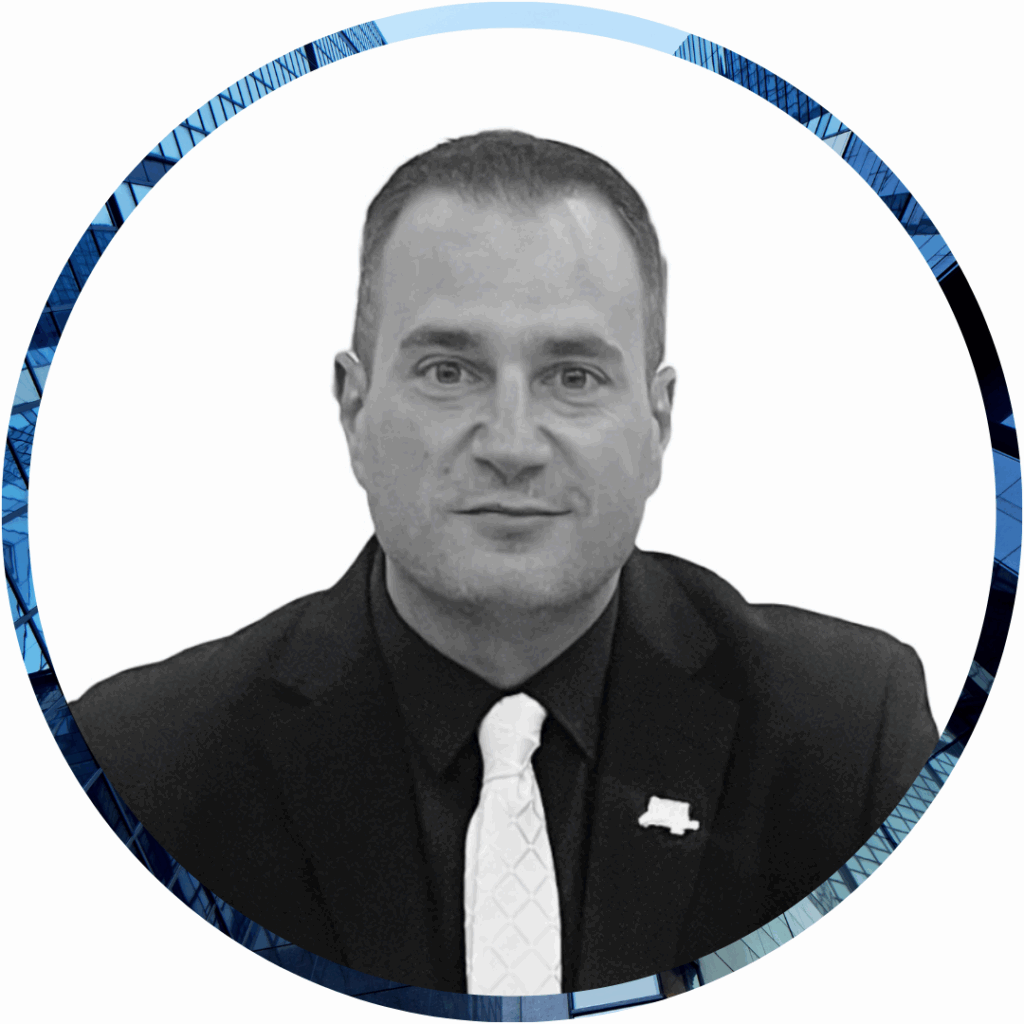
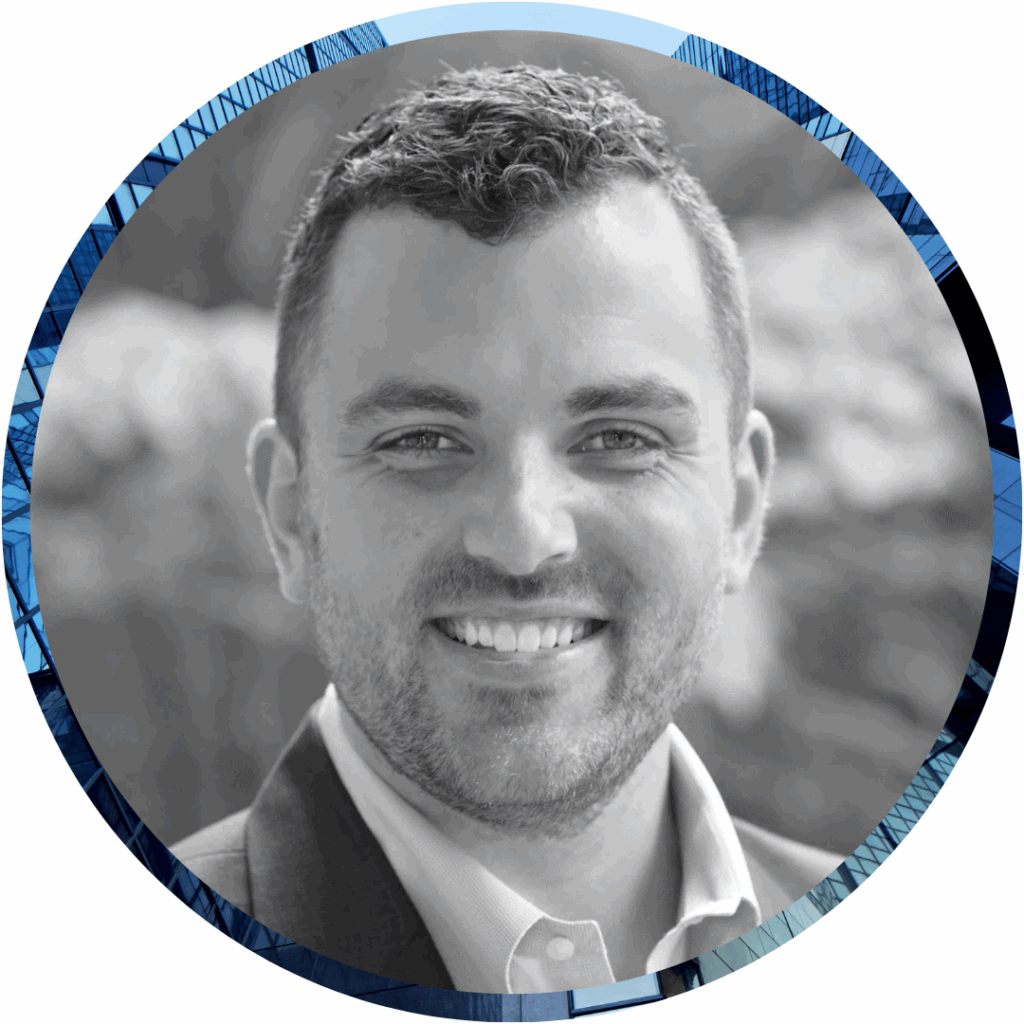
1:00pm - 2:00pm Panel Discussion | Second Chances, Stronger Futures: Employment as a Pillar of Recovery
Moderator: Matt Brown
Panelists: Rob Perez, Adam Larkin, Mason King
More information coming soon.
Overview:
This panel discussion will explore the critical role second chance employers play in supporting individuals in recovery through meaningful employment opportunities. By bringing together voices from business, recovery, and lived experience, the panel will examine the challenges and opportunities involved in hiring people who are rebuilding their lives after addiction. The goal of the panel is to inspire and equip employers, service providers, and community leaders to embrace inclusive hiring practices and become active participants in building recovery-ready workplaces.
Objectives:
- Learn the Importance of Employment in Recovery: Panelists will emphasize how stable, dignified work supports sustained recovery and reintegration into society.
- Define “Second Chance Employers”: Panelists will clarify what it means to be a second chance employer and the role they play in the recovery ecosystem.
- Share Lived Experiences: Provide real-life testimonials from individuals in recovery and employers to humanize the impact of second chance hiring.
- Identify Key Challenges for Employers: Explore barriers such as stigma, legal constraints, insurance issues, and internal policy concerns that businesses may face.
- Discuss Employer Opportunities and Benefits: Highlight potential advantages, such as improved retention, access to untapped talent, and community goodwill.
Matt Brown is a seasoned healthcare executive with 24 years of leadership and management experience, specializing in integrated behavioral health, addiction treatment and recovery, and healthcare administration and operations. His career has been defined by his ability to build and scale integrated healthcare systems, communicate both internally and externally, drive financial sustainability, and advocate for innovative approaches to addiction treatment and mental health services.
Beyond his healthcare career, Matt is deeply committed to helping others overcome addiction and live a life of recovery and purpose. His personal journey of entering recovery in May 2014 after an 18-year battle with substance use disorder fuels his passion for helping others live a purpose-driven life. He is the Founder and Board Chair of Rise Above, a nonprofit dedicated to meeting community needs and supporting individuals in their recovery journey, and the Founder of The Table Christian Church, a faith-driven community focused on compassion, outreach, and service. Matt also owns two sober living homes (The Winner’s Circle and Woodland Circle) that give men and women a safe and sober place to take the next steps in their recovery journeys. Lastly, through Elk Creek Health and Wellness, LLC and Salus Solutions, LLC, Matt consults with healthcare companies to improve operational performance, quality of care, compliance, management and leadership infrastructure, growth strategy, and practice management.
Early in his career as the General Manager of the Hard Rock Café in Dallas, Rob saw firsthand how to build a world class restaurant, brand and management team. As the General Manager of the Orlando Hard Rock he led the team to achieve annual sales of over $42 million. Rob’s successful track record led him to the position of Director of New Openings for Hard Rock International. Rob was charged with project management, city government liaison and negotiating leases. He opened restaurants in Miami, Nashville, Myrtle Beach and San Antonio achieving rave reviews. During his 9 years at Hard Rock Café, Rob helped the company increase from 3 restaurants to over 30.
In 1995 The Walt Disney Company acquired ESPN. Disney’s goal was to leverage the ESPN brand. Rob was lured to Southern California for this challenge. Rob was an integral part of the development and creation of the ESPN ZONE. Rob developed every aspect of training, development, culinary, operations, policies and procedures that formed the foundation of this new and exciting restaurant experience. After the first ESPN ZONE opened in Baltimore, Rob led the operations team to successful openings in Chicago, New York, Washington D.C., Atlanta, Anaheim, Las Vegas and Denver. Rob grew the ESPN ZONE into a $100 million + business and was recognized by the National Restaurant Association for the prestigious “Hot Concept Award” in 2001.
Rob has dedicated 5 years to acquiring an in depth knowledge of the franchise restaurant business. Rob’s passion for the restaurant business led him to New Orleans to take over the reigns as Vice President of Operations for Copeland’s Restaurants, overseeing 48 restaurants with sales in excess of $160 million. Rob established a new restaurant opening process which improved profitability 150% in the first 90 days of operation. After mastering the franchisor role, Rob became a senior operator with one of the Nation’s most successful Applebee’s franchisees located in Lexington, Kentucky. Rob successfully established plans to improve profit, led strategic planning and implementation of training and established a comprehensive development program to address diversity.
Rob’s strengths are founded in his creativity and his ability to lead and direct teams, while focusing on systems that deliver profitability. His expertise is broad and covers all aspects of restaurant operations. This includes menu development, purchasing, management of food quality, service, labor, atmosphere, and cost. In addition, Rob has successfully opened restaurants throughout the country and has built vendor and business relationships in complex, high volume, multi-level operations.
In 2008, Rob, along with his wife Diane created, developed and operate Saul Good Restaurant & Pub in Lexington KY. Rob has seen first-hand how to build restaurant brands and how prevalent addiction is in the industry he loves. Rob & Diane founded Dv8 Kitchen as a social enterprise focused on giving second chance employment opportunities to people in recovery from drug or alcohol addiction. Dv8 Kitchen focuses on providing top-quality food, service and atmosphere for every guest. By providing “a better-than-expected” dining experience, the hope is to build a new standard for the second chance employee to live by and to change the way the guests perceive people in addiction recovery.
Adam Larkin, originally from Saratoga Springs, NY, is the co-founder and CEO of GITT Apparel, a globally recognized brand rooted in purpose and recovery, now sold in 41 states and across three continents. A Kentucky Colonel, influencer, and inspirational motivational speaker, Adam has been featured on Times Square billboards and in major media across CA, NY, and KY. He serves as Chief Marketing Officer for New Hope Counseling Recovery and works as a social media consultant, promoting a healthy lifestyle—mentally, physically, and spiritually. Adam currently holds a BA in Organizational Leadership with a minor in Marketing from Northern Kentucky University and begins both his MBA program and his autobiography in the fall, continuing his mission to inspire through sobriety, leadership, and faith-driven entrepreneurship.
Mason King is the Chief Executive Officer of Jubilee Jobs, a workforce development nonprofit committed to helping those facing barriers to employment with finding, obtaining, and maintaining quality, dignifying jobs. Mason has been pivotal in steering innovative community projects and workforce development initiatives. Mason has dedicated his career to public and non-profit service, focusing on community development and supporting vulnerable populations. Educated at the University of Kentucky, Mason excelled academically, earning accolades such as the Todd L. Daughtery Award for his unique contributions to the Political Sciences. Additionally, Mason obtained his MBA from the University of South Carolina, Aiken School of Business. His career includes nearly a decade at Legal Aid of the Bluegrass, where he played various essential roles helping further the mission of equal legal access for all Kentuckians. Mason’s global perspective is enriched by international experiences, including time spent in South America focused on public diplomacy and community service projects. As the CEO of Jubilee Jobs, Mason has spearheaded significant projects like the Second Chance Academy, an LFUCG Mayor’s Office initiative providing re-entry support and education to those leaving the Fayette County Detention Center, and resource connection programming, emphasizing his commitment to creating robust support systems for those seeking employment and re-entry into society. These initiatives underscore Mason’s vision and operational agility in aligning resources, stakeholders, and opportunities to foster community development and empower individuals toward sustainable success and dignity.
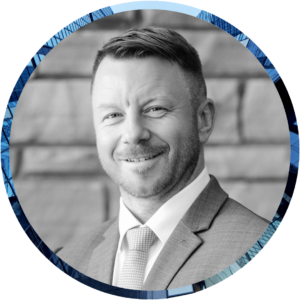
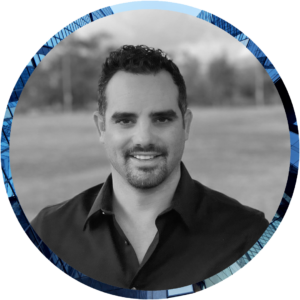
2:00pm - 3:15pm Seminar | Smart Recovery - The Intersection of AI, Behavioral Health, and Addiction Treatment
Lance Folske, MA, MFT
Ross Young, CEO
More information coming soon.
Overview:
Explore the transformative power of Artificial Intelligence in revolutionizing behavioral health and addiction treatment. In this interactive workshop, participants will gain insights into how cutting-edge AI technology can enhance treatment outcomes, streamline clinical processes, and foster sustained long-term recovery. Join us as we demystify AI’s practical applications, discuss ethical considerations, and outline actionable strategies for integrating AI into recovery-focused care. This session is designed for medical and counseling professionals, peer support specialists, business leaders, community advocates, and families seeking innovative solutions to substance use disorders.
Objectives:
- Define and discuss practical applications of AI in behavioral health and addiction treatment.
- Identify ethical considerations and compliance requirements associated with integrating AI technology into clinical practice.
- Develop actionable strategies to effectively implement AI tools to enhance patient outcomes and long-term recovery support.
Lance, is a veteran leader in behavioral health and addiction treatment with over 15 years of executive experience across some of the nation’s leading healthcare organizations. Currently serving as a Behavioral Health and Addictions Consultant and Strategic Advisor for Clinically AI, Lance specializes in integrating innovative, tech-driven solutions into clinical and operational frameworks. Throughout his career, Lance has held senior leadership roles including Senior Vice President of Outpatient Operations at Oceans Healthcare, Senior Vice President of Operations at SUN Behavioral Health, and Chief Executive Offi cer positions at multiple behavioral health hospitals under Springstone, Universal Health Services (UHS), and SUN Behavioral. He is also the Founder of Bricolage Behavioral Health and CEO of Pure Mixed Strategy Consulting. Lance’s expertise spans inpatient psychiatry, residential treatment, PHP/IOP services, MAT, and telehealth. Known for driving growth, optimizing P&L performance, and pioneering AI and digital strategies in healthcare, Lance is passionate about transforming access to care and supporting long-term recovery through data-driven, ethical, and scalable approaches.
As an experienced executive and revenue leader, I am passionate about driving growth while making a positive impact on society. I am currently serving as the Chief Executive Officer of Clinical Notes AI.As the founder of Clinical Notes AI, I’m at the forefront of integratingAI into healthcare to enhance the efficiency and effectiveness of clinical documentation. I’m passionate about leveraging technology to solve real-world problems faced by behavioral and physical healthcare professionals. Our innovative platform, designed to automate the transcription and creation of clinical notes, significantly reduces administrative burdens, allowing clinicians to focus more on patient care. Committed to advancing medical technology while upholding the highest standards of privacy and compliance, I’m leading Clinical Notes AI to transform healthcare documentation and clinician well-being.
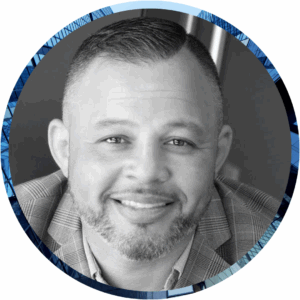
3:30pm - 4:30pm Seminar | Faith, Recovery, and Connection: The Success of Lived Experience Professionals: A Personal Journey
Monty Burks, MCJ, PhD, CPRS
More information coming soon.
Overview:
This presentation explores the transformative power of faith, recovery, and lived experience in building sustainable pathways to healing and community leadership. Through a deeply personal narrative, Dr. Monty Burks—a justice-impacted, recovery-centered leader—shares how lived experience can evolve into lived expertise, equipping individuals to become powerful agents of change in systems of care. Participants will examine the critical role of faith communities in providing foundational support for individuals navigating recovery and reentry, including access to housing, employment, emotional restoration, and purpose. The session will also highlight practical strategies to strengthen community-based support networks by leveraging the credibility and insight of lived experience professionals. Attendees will gain actionable tools to foster collaboration among faith-based organizations, nonprofits, and community leaders, ensuring long-term success for individuals overcoming addiction and systemic barriers. This session invites providers, faith leaders, advocates, and policymakers to reframe lived experience as professional expertise—and to build ecosystems of support rooted in authenticity, relationship, and redemption.
Objectives:
- Recognize Lived Experience as Expertise – Understand how the personal journeys of lived experience individuals position them as subject matter experts in recovery, reentry, faith-based support, and community transformation.
- Examine the Role of Faith Communities in Recovery and Reentry– Explore how faith-based organizations can provide critical support, including housing, employment opportunities, emotional guidance, and a sense of belonging for individuals.
- Identify Strategies to Strengthen Community-Based Support Networks – Learn practical approaches for building and enhancing support systems through faith communities, nonprofit organizations, and community partnerships to improve long-term success for those with lived expertise.
Dr. Burks currently serves as Deputy Director of The Governor’s Faith Based and Community Initiatives for the State of Tennessee, where his focus is bringing the non-profit and faith-based community together to better serve Tennesseans. Burks has used his own personal lived experience in the criminal justice system to provide insight and leadership in hiring formerly incarcerated and others that have fought and earned a second chance.
In his former position he served as the Director of Faith-Based Initiatives for the Tennessee Department of Mental Health and Substance Abuse Services, where his role was engaging and connecting Tennessee’s faith communities to the behavioral health care system, with the goal of expanding addiction and mental health support services across the state. He also oversaw the Tennessee Lifeline Peer Project, a state program aimed at reducing the stigma associated with people who suffer from addiction, the Tennessee Faith Based Community Coordinators, who seek to help congregations build their capacity to combat addiction and mental health issues in their respective community and the Collegiate Recovery Initiatives which aim to train colleges, universities, and other higher education on how to become recovery allies.
Burks has more than 22 years’ experience working with the criminal justice system in various roles, including adjunct criminal justice professor at Motlow State Community College, Criminal Justice Student Research Analyst at Middle Tennessee State University and Criminal Justice Off campus program coordinator and professor and Tennessee State University. Previously, Dr. Burks served as a program coordinator, job placement specialist, and cognitive skills instructor with Middle Tennessee Rural Reentry, earning national recognition as the “Outstanding Professional of the Year” from the Southern Criminal Justice Association for helping the justice involved break down employment barriers.
Recently, Dr. Burks served as a delegate at the National Convening of State Courts with Tennessee’s Chief Justice and the Administrative Office of the Court.
Dr. Burks belongs to several professional organizations including:
- Tennessee Supreme Court: Access to Justice Commission Faith Based Chair Supreme Court Names Three New Members To ATJ Commission | Tennessee Administrative Office of the Courts (tncourts.gov )
- Rx and Illicit Drug Summit Advisory Board Faculty | Rx and Illicit Drug Summit 2024 (hmpglobalevents.com)
- Community Anti-Drug Coalitions of America (CADCA) Advisory Board Monty Burks, CPRS, PLC, PhD | CADCA
- Tennessee State University Criminal Justice Faculty Advisory Committee Criminal Justice Department (tnstate.edu)
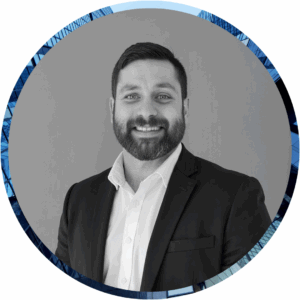
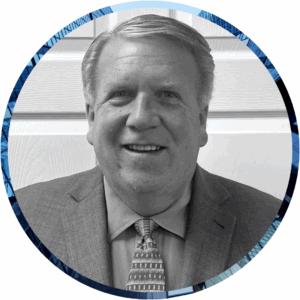
4:30pm - 5:00pm Seminar | Recovery Housing in the Recovery Ecosystem
Dane Prieston, JD, KY NARR
Gregory Smith, JD, KY NARR
More information coming soon.
Overview:
Attendees will learn about the recovery ecosystem and the various components that make it successful. Specifically, the presentation will discuss research that shows the success of the ecosystem and how recovery housing plays a vital role in assisting individuals in their recovery walk. The presentation will also discuss the different types of recovery houses and what elements make a recovery house successful.
Objectives:
- To gain a better understating of recovery ecosystems and how they benefit people in recovery.
- To understanding the role that recovery housing plays in a well-developed recovery ecosystem.
- To better understand how recovery housing applies the experiential social model of recovery and the evidence that backs it up.
Dane serves as the Executive Director of the Kentucky Association of Recovery Residences (KYARR), where he works to support and strengthen recovery housing across the state. With experience as a former recovery residence operator and a background in policy and program administration, he understands both the challenges and opportunities that come with operating quality recovery housing. Before joining KYARR, he worked with the Kentucky Cabinet for Health and Family Services, helping to align recovery residences with NARR standards and providing technical assistance to operators. As a person in long-term recovery himself, Dane is committed to fostering safe and supportive environments for individuals on their recovery journey. He is a graduate of the University of San Diego and the Golden Gate University School of Law.
Greg has worked in the recovery housing field since 2007. This includes working in recovery housing programs that specifically catered to justice-involved individuals and the faith-based community. In 2018, Greg successfully spear-headed efforts to obtain a line item in the Missouri state budget dedicated to recovery housing and subsequently served as Executive Director of the Missouri Coalition of Recovery Support Providers (MCRSP), Missouri’s affiliate of the National Alliance for Recovery Residences (NARR). Under his leadership, MCRSP was recognized in 2022 by Faces and Voices of Recovery as the National Recovery Organization of the Year and Greg was awarded the Unsung Heroes Award by the Kanas City Recovery Coalition for his leadership before the Missouri legislature. Prior to working in the recovery field, Greg worked for 16 years as a lobbyist in Washington, D.C. and in roles within the U.S. Department of Labor, Department of Justice, and national think tanks. He is a graduate of Georgetown University Law Center in Washington, D.C. and Hamline University in St. Paul, MN. Greg is a person in recovery and currently resides in Louisville, KY.
